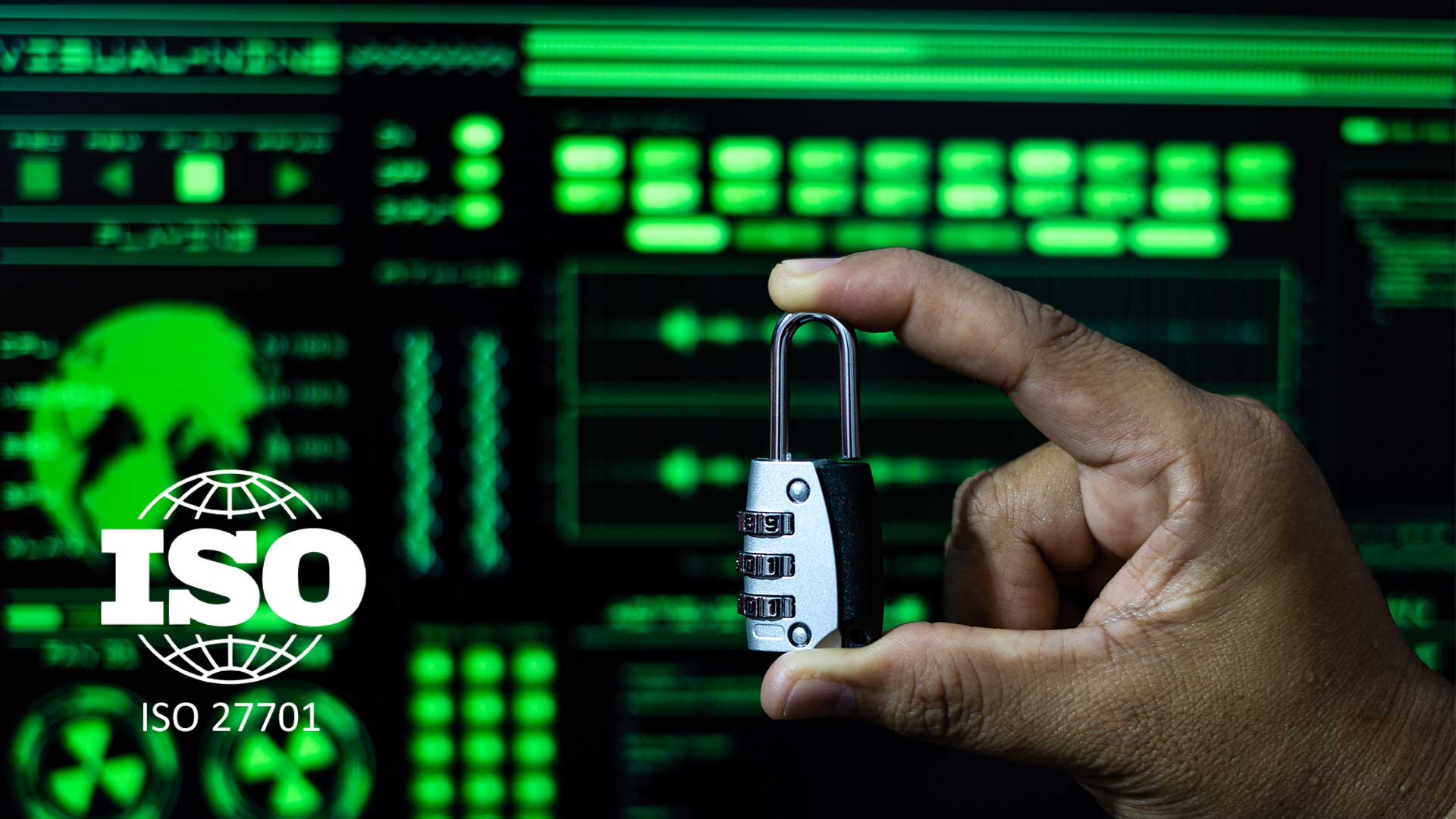In an era where data privacy is no longer a luxury but a necessity, the ISO/IEC 27701 standard has emerged as a cornerstone for organisations aiming to demonstrate responsible personal data management. With the release of ISO/IEC 27701:2025, the standard has undergone a significant transformation from its 2019 predecessor. At MAST Consulting, we believe it is essential for businesses in the UAE and beyond to understand what these changes mean and how they can prepare for the future of privacy governance.

From Extension to Independence
The most notable shift in the 2025 version is that ISO/IEC 27701 is no longer an extension of ISO/IEC 27001. In the 2019 edition, organisations were required to implement an Information Security Management System (ISMS) under ISO/IEC 27001 before they could adopt a Privacy Information Management System (PIMS) through ISO/IEC 27701. This dependency created a barrier for many businesses, especially small and medium-sized enterprises.
The 2025 revision removes this requirement. ISO/IEC 27701 is now a standalone standard. This change opens the door for a broader range of organisations to implement privacy controls without the prerequisite of a full ISMS. It reflects a global recognition that privacy is a distinct discipline, not merely a subset of information security.
Structural and Control Enhancements
In terms of controls, the 2025 edition streamlines and focuses its approach. The previous reliance on the Statement of Applicability from ISO/IEC 27001 has been removed. Instead, the new version introduces:
– 31 controls for Personally Identifiable Information (PII) Controllers
– 18 controls for PII Processors
– 29 shared controls applicable to both roles
This targeted approach ensures that privacy-specific risks are addressed more effectively, especially in areas such as AI, cloud computing, and cross-border data transfers.
Broader Regulatory Alignment
This global perspective is particularly relevant for organisations operating in the UAE, where cross-border data flows and compliance with international standards are increasingly critical.
Transition and Implementation
Organisations currently certified under ISO/IEC 27701:2019 will need to transition to the new version. While the official transition period is expected to be around two to three years, early planning is advisable. Key steps include:





